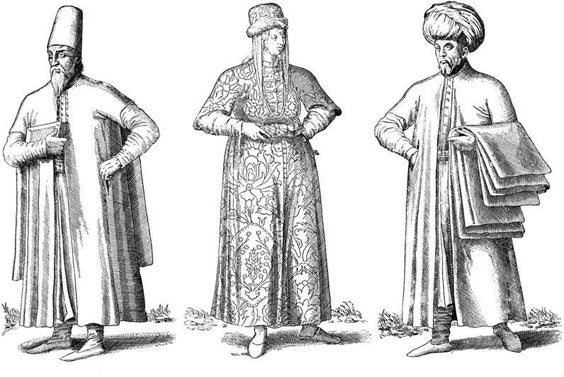
When 17th-century heretic Sabbatai Zevi declared himself the messiah and set about making his own rules for Judaism, he amassed a Jewish following across Europe. None too pleased by the groundswell, Ottoman authorities forced Zevi to convert to Islam. His followers were crestfallen. But a few in the Ottoman Empire followed him into his new faith, and became the Donme, Turkey’s version of Iberia’s “crypto-Jews.”
Concentrated in Thessaloniki, or Salonika, Greece, the Donme developed their own customs, many shrouded in secrecy. Not accepted completely by the mainstream Sephardic Jewish community, and eventually held at arm’s length by the Muslim population in the early 20th century, they attracted conspiracy theories that persist well into the present day. Most of the community scattered to Constantinople (modern-day Istanbul) from Thessaloniki when the city fell to the Greeks in 1912. Google Mustafa Kemal Ataturk, and you’ll find a whole other Internet claiming that Turkey’s revered modern leader is a secret Jew of Salonikan origin.
Unlike Iberia’s crypto-Jews, there aren’t many stories of Donme descendants unwittingly practicing Jewish rituals in their back rooms. Following their disappearance from Thessaloniki in the 1910s and a slow wave of intermarriage and assimilation, the best place to look for the Donme today is the community’s cemeteries or — though we don’t recommend it — the wildfire of the Turkish Internet.
___
» Read the first scholarly history of the Donme
» Check out a JTA report on the Donme from 1932
» How the Donme began to disappear from Thessaloniki
» Learn more about Jewish life in Thessaloniki
(Top image: 17th-century etching; bottom: Moshe Maimon’s “Marranos”)
JTA has documented Jewish history in real-time for over a century. Keep our journalism strong by joining us in supporting independent, award-winning reporting.






